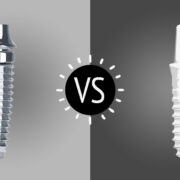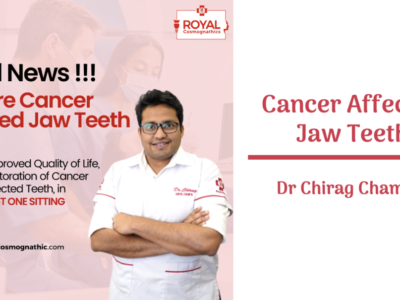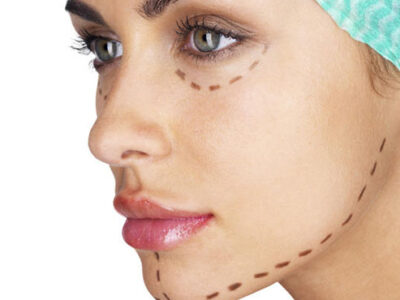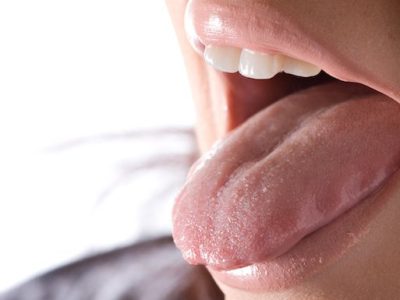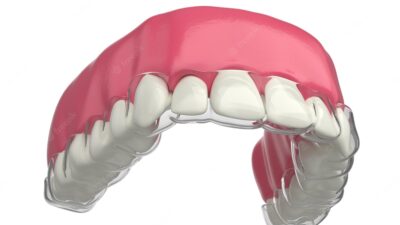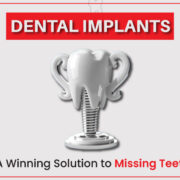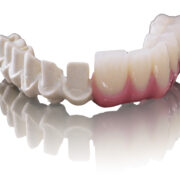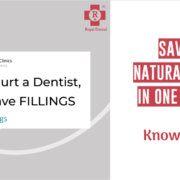Has the question, “Can tooth decay cause cancer?” crossed your mind? It’s a question that frequently piques interest and causes worry. Although dental caries may not be a direct cause of cancer, there are interesting links between general health and oral health. Poor oral hygiene, especially untreated tooth decay, has been linked in studies to a number of health problems, including an increased risk of cancer. In this blog, we’ll examine the connection between cancer and dental decay and how ignoring your oral health might affect your whole health.
What is tooth decay?
Cavities, dental caries, and tooth decay are typical dental issues brought on by tooth enamel erosion. It happens when oral bacteria release acids that break down the tooth’s strong enamel. Little holes or cavities in the teeth are caused by this erosion.
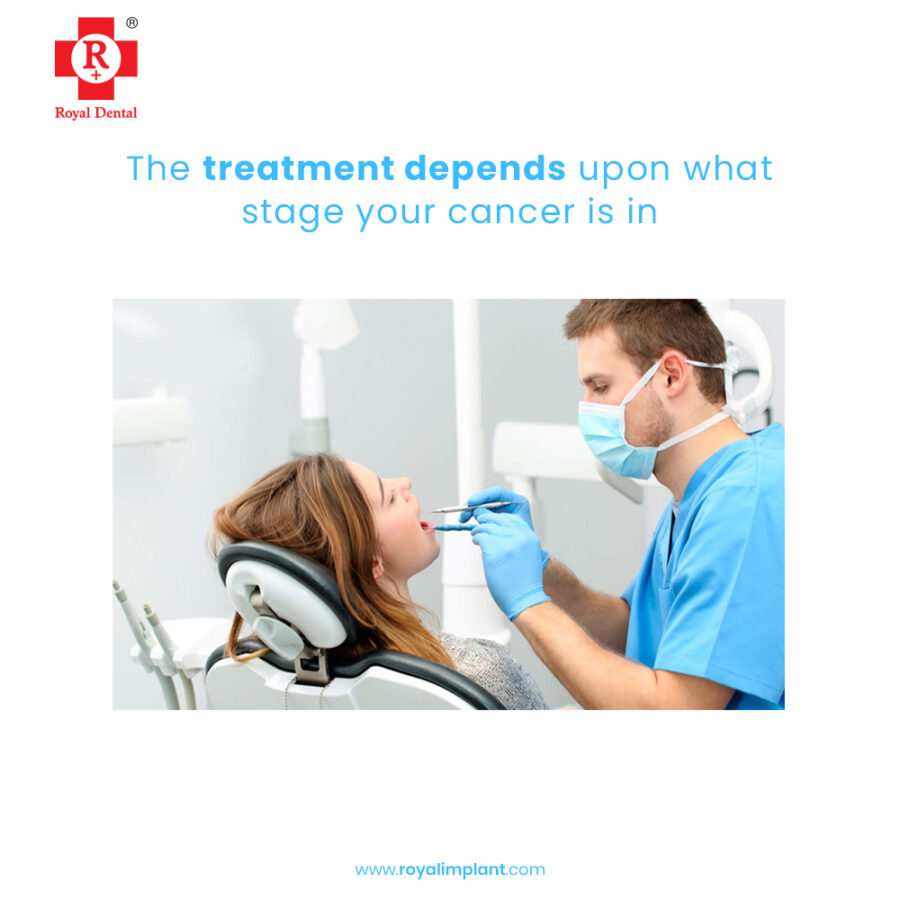
Causes of tooth decay
- When teeth are not cleaned and flossed on a regular basis, plaque accumulates and eventually causes decay.
- Eating and drinking sugary or starchy foods and beverages might encourage oral bacteria to create acids that break down tooth enamel.
- Foods and drinks strong in acidity, like sodas, sports drinks, and citrus fruits, can cause enamel erosion.
- Saliva aids in tooth remineralization and acid neutralization. Tooth decay risk can be raised by medical disorders or medication-induced salivary suppression.
- Fluoride helps prevent decay and fortifies tooth enamel. Cavities can occur more frequently if there is insufficient fluoride exposure, such as when fluoridated water is consumed or toothpaste is not used.
- Genetic factors that impact the strength of enamel or the makeup of saliva may make certain people more susceptible to tooth decay.
- Tooth decay is more common in children and older adults because of things like changing salivary flow patterns or oral hygiene habits.

Symptoms of tooth decay
- The presence of underlying dental decay and enamel erosion might be indicated by sensitivity to hot, cold, sweet, or sour meals and drinks.
- A cavity or infection may be indicated by persistent or severe discomfort in a tooth, especially when biting down or applying pressure.
- Advanced decay may be indicated by obvious pits, holes, or dark areas on the surface of your teeth.
- The surface of the enamel may have chalky or white spots, indicating early-stage deterioration.
- Cavity bacteria can cause poor breath or an unpleasant taste in the mouth that lasts for a long time.
- When eating, discomfort or pain may be a sign that decay has spread to the tooth’s deeper layers.
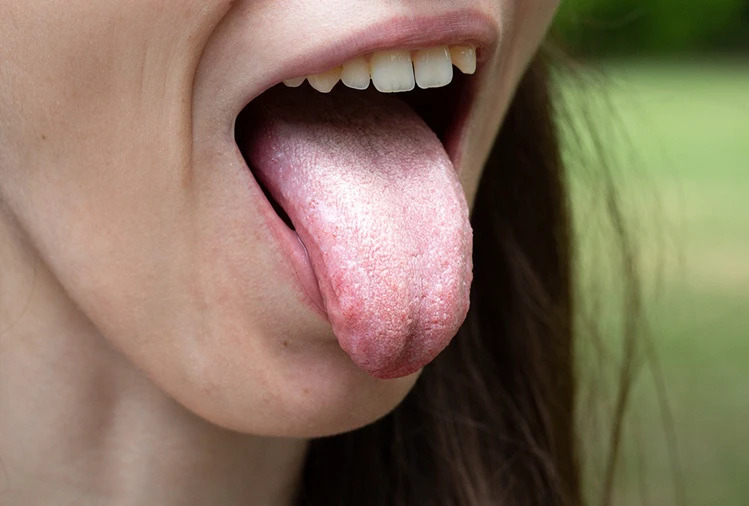
What is cancer?
The uncontrollably growing and spreading aberrant cells in the body characterize a family of illnesses known as cancer. These cells have the ability to grow into tumors and obstruct regular body processes. Nearly any tissue or organ can acquire cancer, and the type of cells involved and the tumor’s location are frequently used to categorize the disease.
Royal Dental brings Smile to Oral Cancer Patients

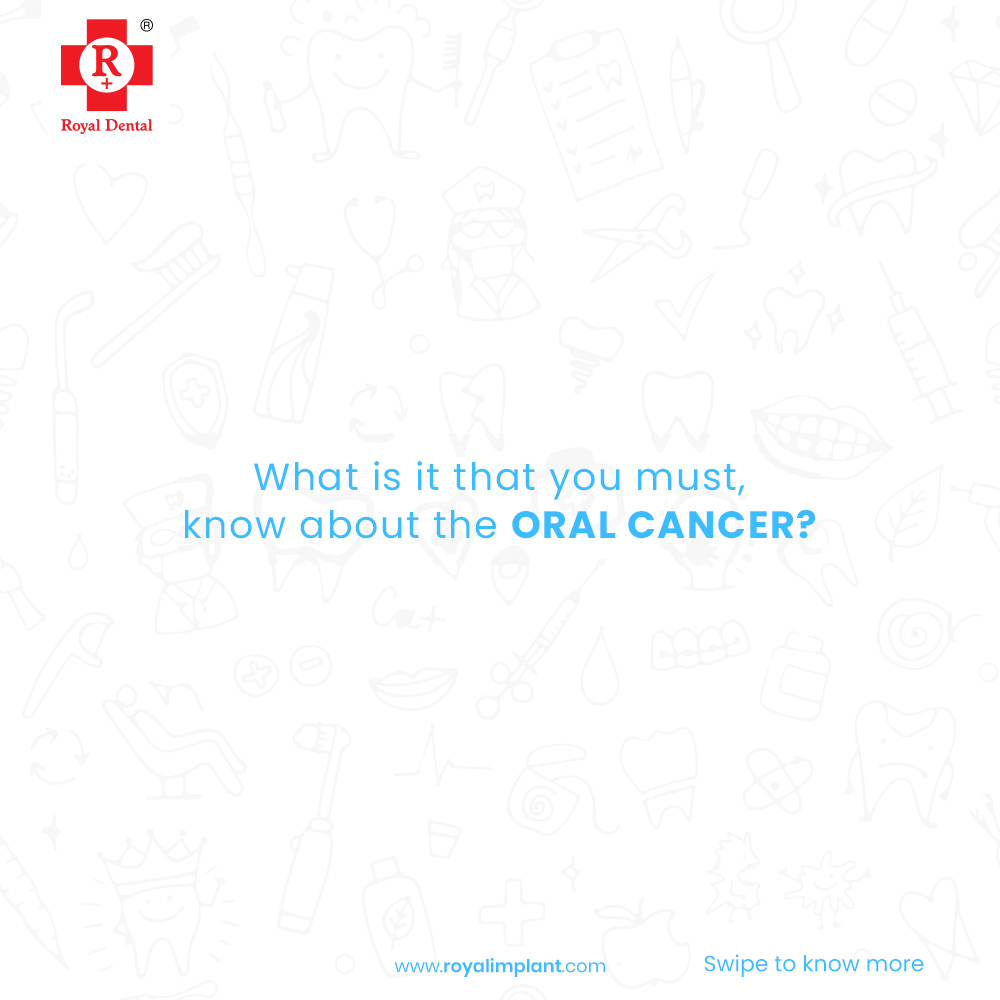
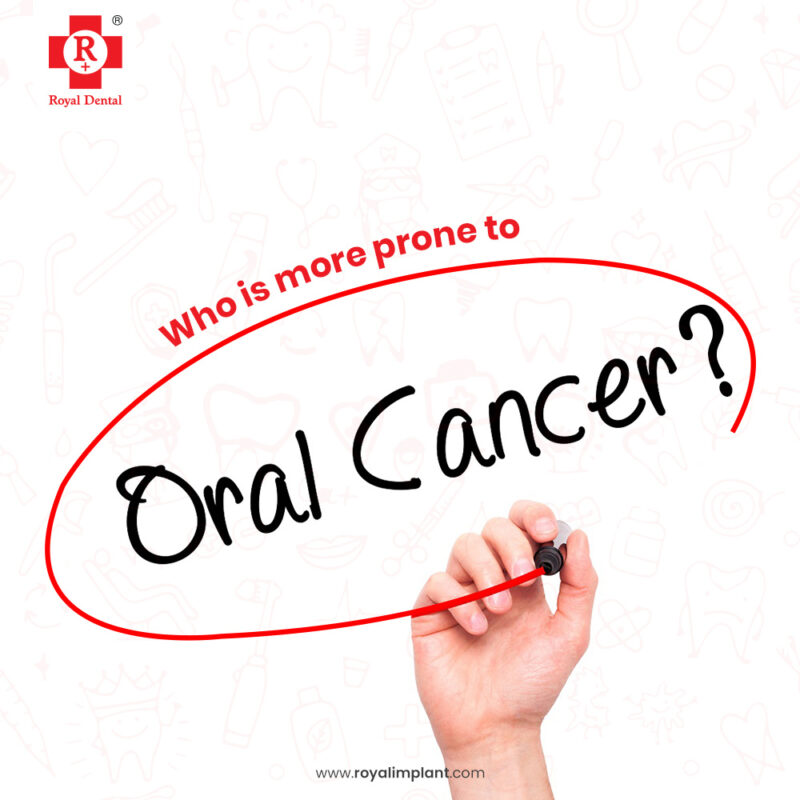
Can tooth decay cause cancer?
There are links between poor oral health, especially untreated tooth decay, and an increased risk of several types of cancer, even though dental decay does not directly cause cancer. According to research, mouth infections and persistent inflammation may have a role in the development of cancer elsewhere in the body.
Research has demonstrated correlations, for instance, between periodontitis, or gum disease, and diseases such as esophageal, pancreatic, and oral cancer. Dangerous bacteria and inflammatory agents found in the mouth and gums have the ability to enter the circulation and impact other organs and systems.
The link between tooth decay and cancer
- Inflammatory disorders such as gum disease (periodontitis) and tooth decay can result in long-term inflammation within the oral cavity. Chronic inflammation raises the risk of developing a number of illnesses, including cancer.
- The bacteria in dental plaque produce toxins and inflammatory substances that, when released into the bloodstream, can worsen systemic inflammation and increase the risk of cancer.
- Long-term oral illnesses such untreated periodontal disease or tooth decay can overburden the immune system. A weakened immune system could make it harder to recognize and eradicate malignant cells.
- In addition to smoking and consuming excessive amounts of alcohol, people with poor oral hygiene habits—such as not brushing and flossing on a regular basis or skipping dental exams—may also be at risk for developing several malignancies.
- Certain malignancies and tooth decay share several risk factors. For instance, a diet heavy in carbohydrates and sweets can aggravate obesity, which is a risk factor for many cancers.
How to prevent tooth decay
- Try to use fluoride toothpaste on your teeth at least twice a day. Effectively clean every surface of your teeth by using a toothbrush with soft bristles and gentle, circular strokes.
- Where a toothbrush cannot easily reach, flossing eliminates food particles and plaque from in between teeth and along the gum line. Floss once a day as a habit.
- Fluoride helps prevent decay by strengthening tooth enamel. Adhere to your dentist’s recommendations and use fluoride toothpaste and mouthwash.
- Eat fewer candy, sodas, and snacks, as well as other starchy and sugary meals and beverages. Deterioration may result from several factors contributing to the development of acid and plaque.
- Consume a diet rich in fruits, vegetables, whole grains, and lean proteins. These meals supply vital nutrients for gum and tooth health.
- Water aids in cleaning your mouth of food residue and microorganisms. If you can, try to drink fluoridated water since it can also help with dental health.
- As advised by Dr. Chirag Chamria, schedule routine dental examinations and cleanings every six months. Tooth practitioners are trained to recognize early warning indicators of decay and to apply fluoride or tooth sealants as preventative measures.
- Dental sealants are protective materials applied to the chewing surfaces of molars to prevent decay in hard-to-reach areas.
- Smoking and chewing tobacco might increase your risk of developing gum disease and tooth decay. Giving up tobacco use can enhance general and oral health.
FAQs
Q. How does poor oral hygiene contribute to tooth decay?
Bad dental hygiene promotes plaque accumulation, which fosters bacterial development and acid generation. This acid can dissolve tooth enamel over time, leading to decay.
Q. Is dental decay reversible?
Improved oral hygiene and remineralization with fluoride treatments can reverse tooth decay in its early stages. Advanced deterioration, however, can call for dental procedures like crowns or fillings.
Q. Are children more susceptible to tooth decay?
Yes, because their teeth are still developing and they often eat sugary snacks, children are more likely to suffer from tooth decay.
Q. Does sugar alone cause tooth decay?
Although sugar is a major cause of dental decay, other elements such as acidic diets, inadequate oral hygiene, and genetic susceptibility also contribute to the disease’s development.
Conclusion
Although dental caries is not a direct cause of cancer, dental health maintenance is very important. Dr. Chirag Chamria highlights that circumstances that raise the risk of cancer might result from poor dental hygiene. Preventing tooth decay and certain cancers can be achieved mostly by good oral hygiene practices, routine dental examinations, and proper brushing and flossing. Proactively maintaining your dental health not only results in a more attractive smile but also enhances your general health and may reduce your risk of cancer.
© All rights reserved by Royal Dental Implants Pvt Ltd Issued in the public interest


